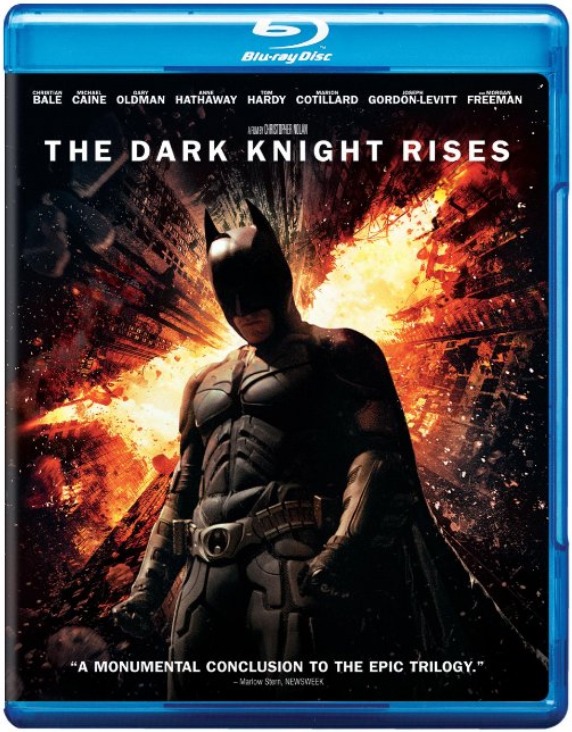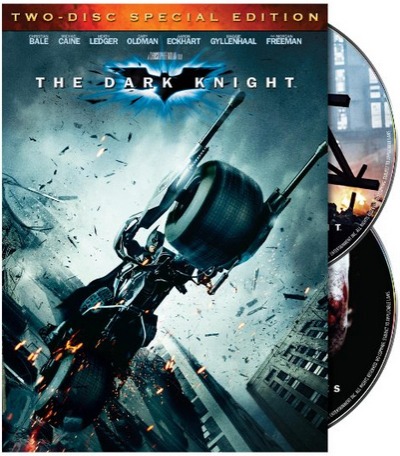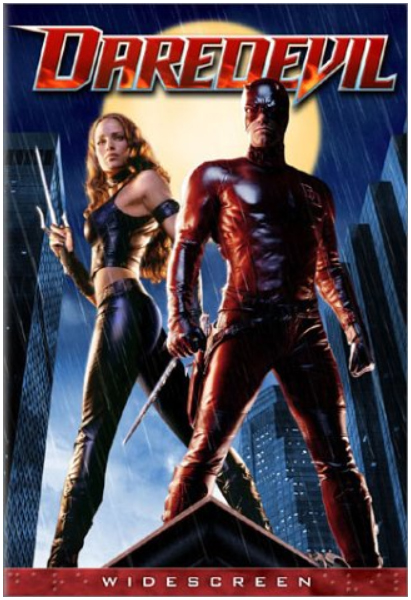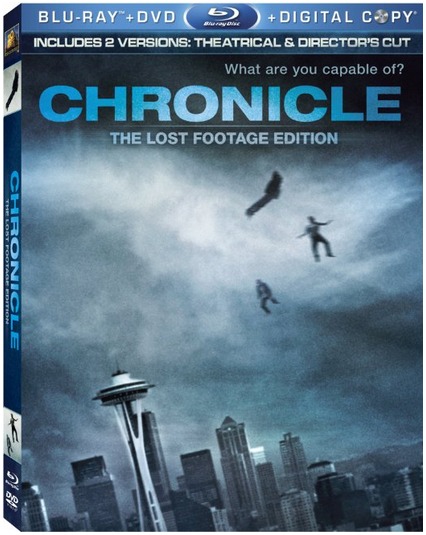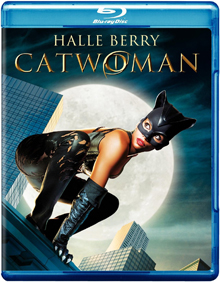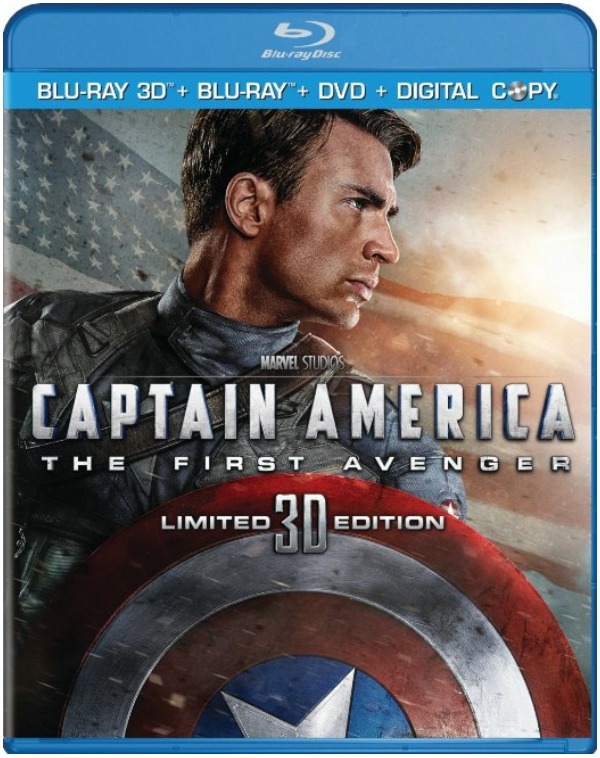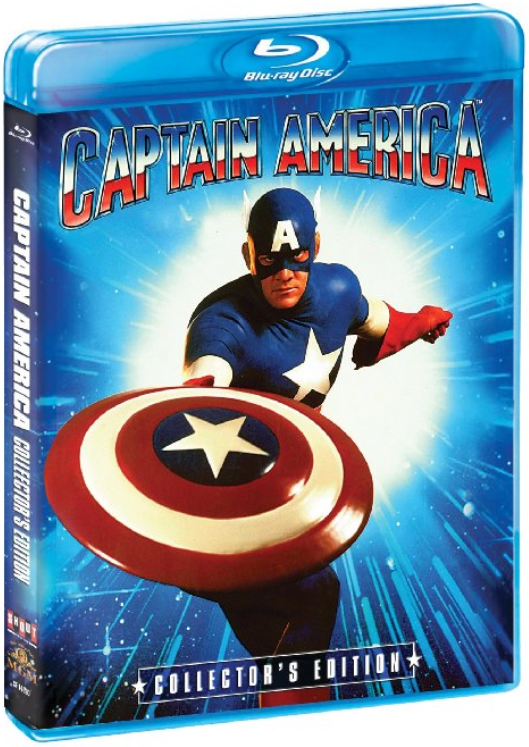Fantastic 4: Rise of the Silver Surfer (2007)
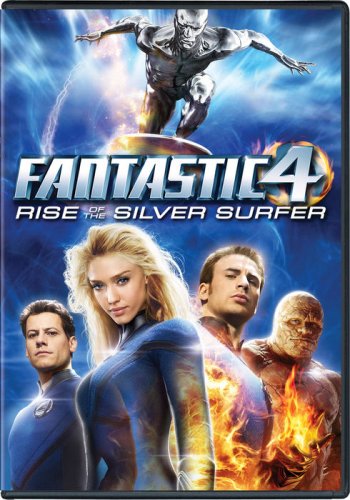
Fantastic 4: Rise of the Silver Surfer (2007)
Written by Don Payne and Mark Frost
Directed by Tim Story
Runtime 92 min.
4 out of 5
Galactus, a giant planet-eating alien, is heading for Earth and he sends the Silver Surfer to scout things out. When the Fantastic Four meet this herald of destruction, all bets are off and it’s a race to save the planet before Galactus can consume it.
What a great follow up to 2005’s Fantastic Four. I remember when news hit that the Silver Surfer would be involved and that Galactus would be the bad guy I was beside myself with fanboy joy. And that trailer? Man, sweet stuff and totally got me stoked. Did this movie live up to the hype? Not completely, but that’s not to say it was a terrible movie. It was every bit as good as its predecessor, but more exciting thanks to the Silver Surfer zipping around on his board and the Fantastic Four trying to track him down. That scene where the Human Torch meets the Surfer and the two quickly have it out? Yeah, sweet stuff.
This flick played up all the stuff that made the first one good, which was the family dynamic of the Fantastic Four, the bitter evilness of Dr. Doom, and then upped the ante by bringing in Galactus. Unfortunately, Galactus—while just fine as a concept—failed to deliver in terms of execution as comic book fans were really hoping for the giant space man with the purple helmet instead of the big haze of cloud we got. Some would argue that a big man that’s larger than planet Earth wouldn’t translate to film and a space cloud works better, but I disagree because Galactus is an all-powerful alien, can change size and could work as is if written well.
I totally dug Laurence Fishburne as the voice of the Silver Surfer. The guy can say anything and it’ll sound cool (i.e. see his dialogue as Morpheus in The Matrix and its sequels; the words themselves are ridiculous but he makes them sound awesome).
The story arc as suggested at in this flick would’ve better been the stuff of a trilogy, starting off with the Silver Surfer’s origin, how he got involved with Galactus, even a demo of him going ahead of his master to a planet other than Earth, the destruction of that planet then going to Earth, meeting the FF, and the whole planet getting ready to fend off this literally giant threat. So I feel we got the Reader’s Digest version of such a story in this movie. It still works, but it could’ve been expanded upon.
As always, the SFX were great and they tidied up Mr. Fantastic’s stretching abilities so they weren’t as cartoony as in the first movie.
I totally would’ve been up for them to make a third movie, but with Marvel’s Phase One plan no doubt in the works at the time this flick was released, we’re basically going to get a Fantastic Four reboot at some point in the future, probably sooner rather than later.
I’ll be there because I liked these movies and am eager to see how things will progress from here and if it’ll be an all-out reboot complete with origin story, or if they’ll sort of unofficially acknowledge these movies that came before.



